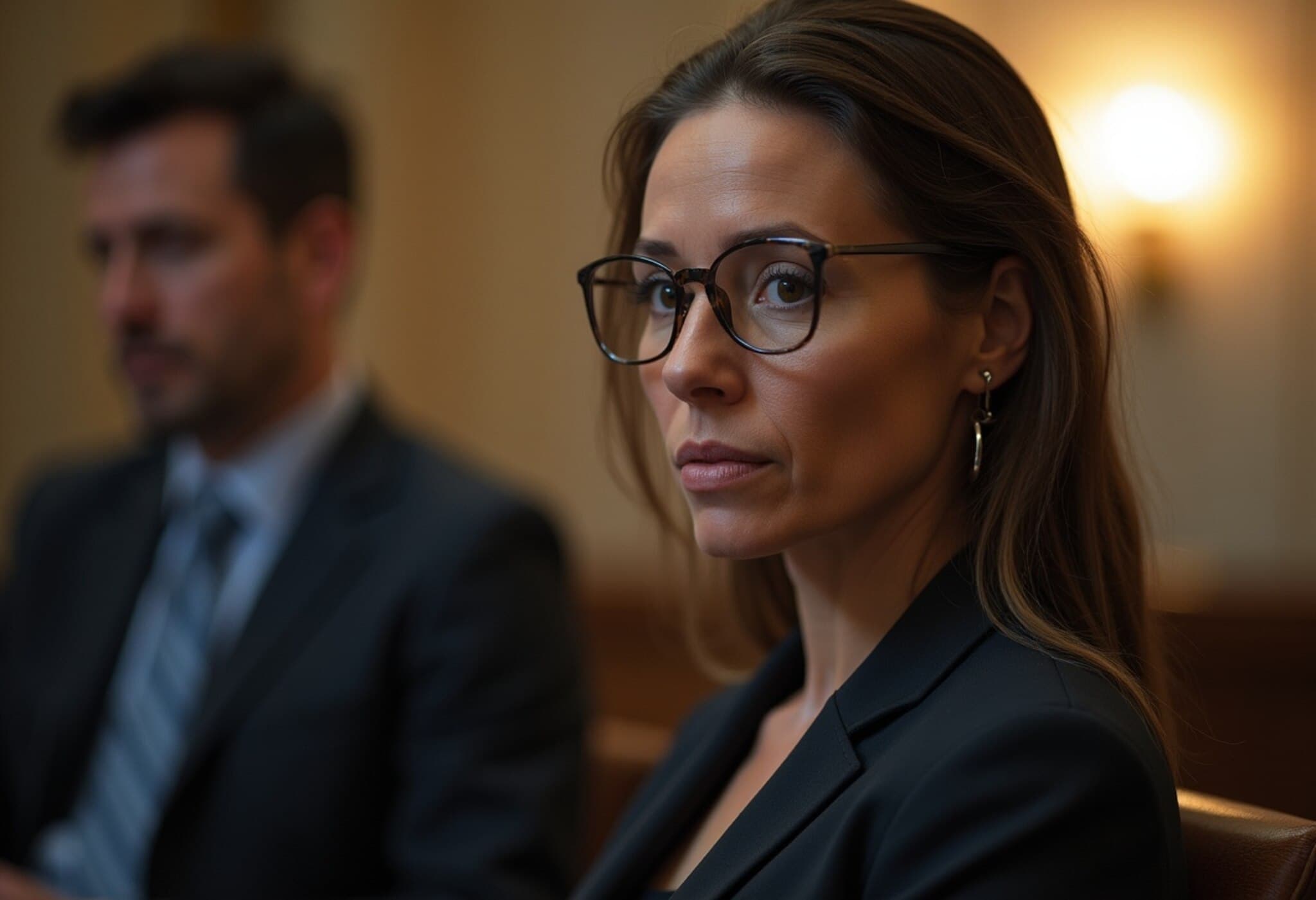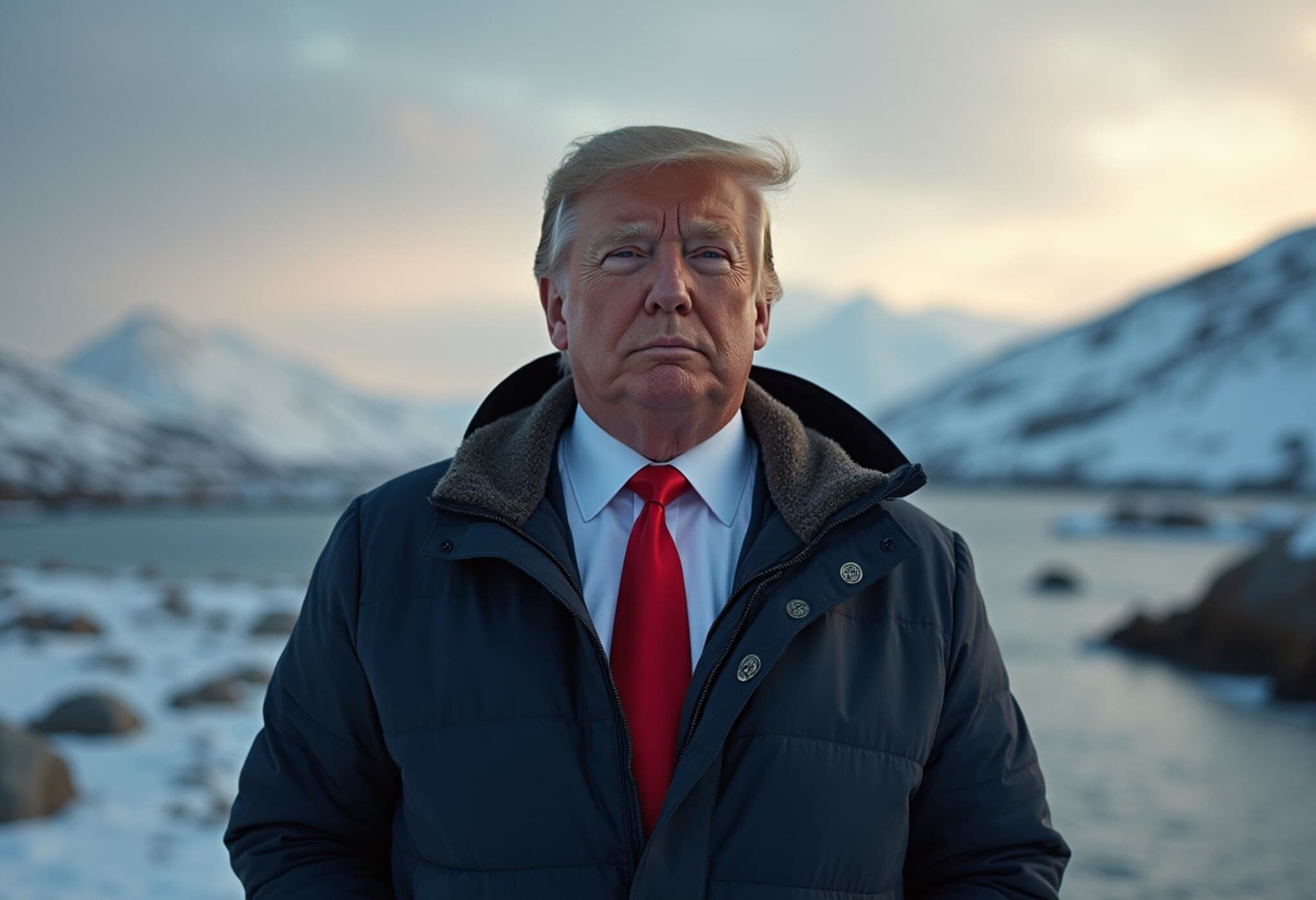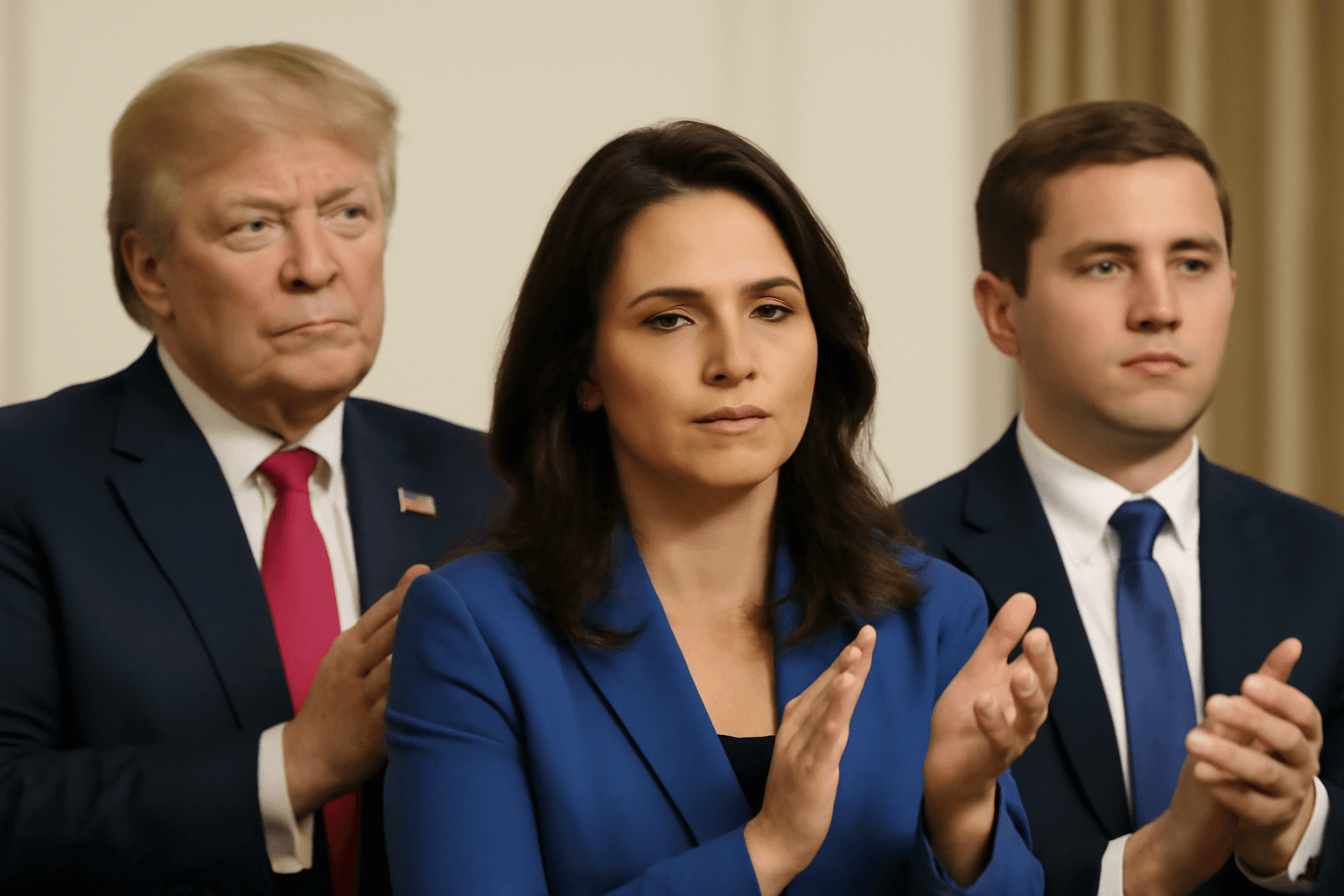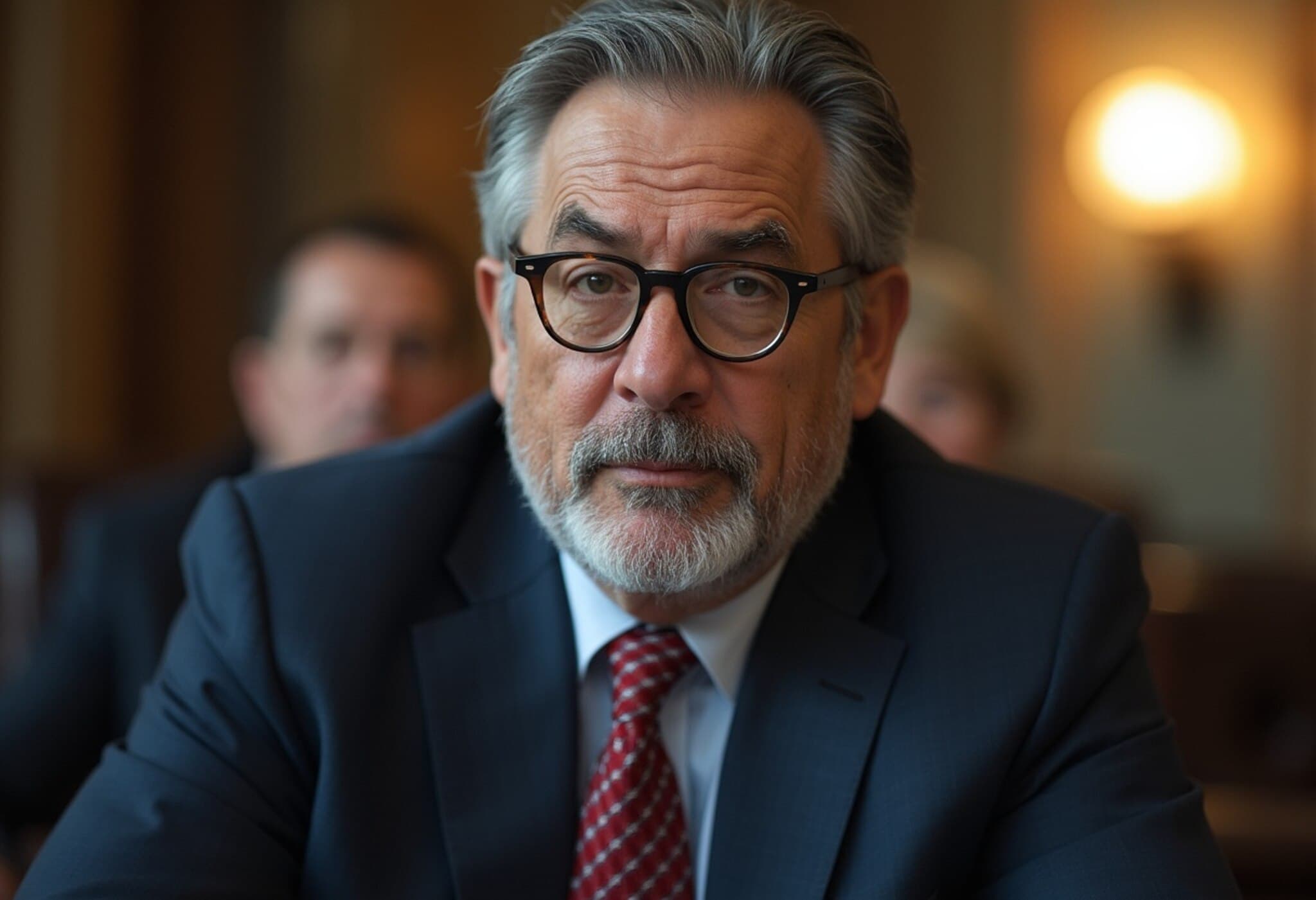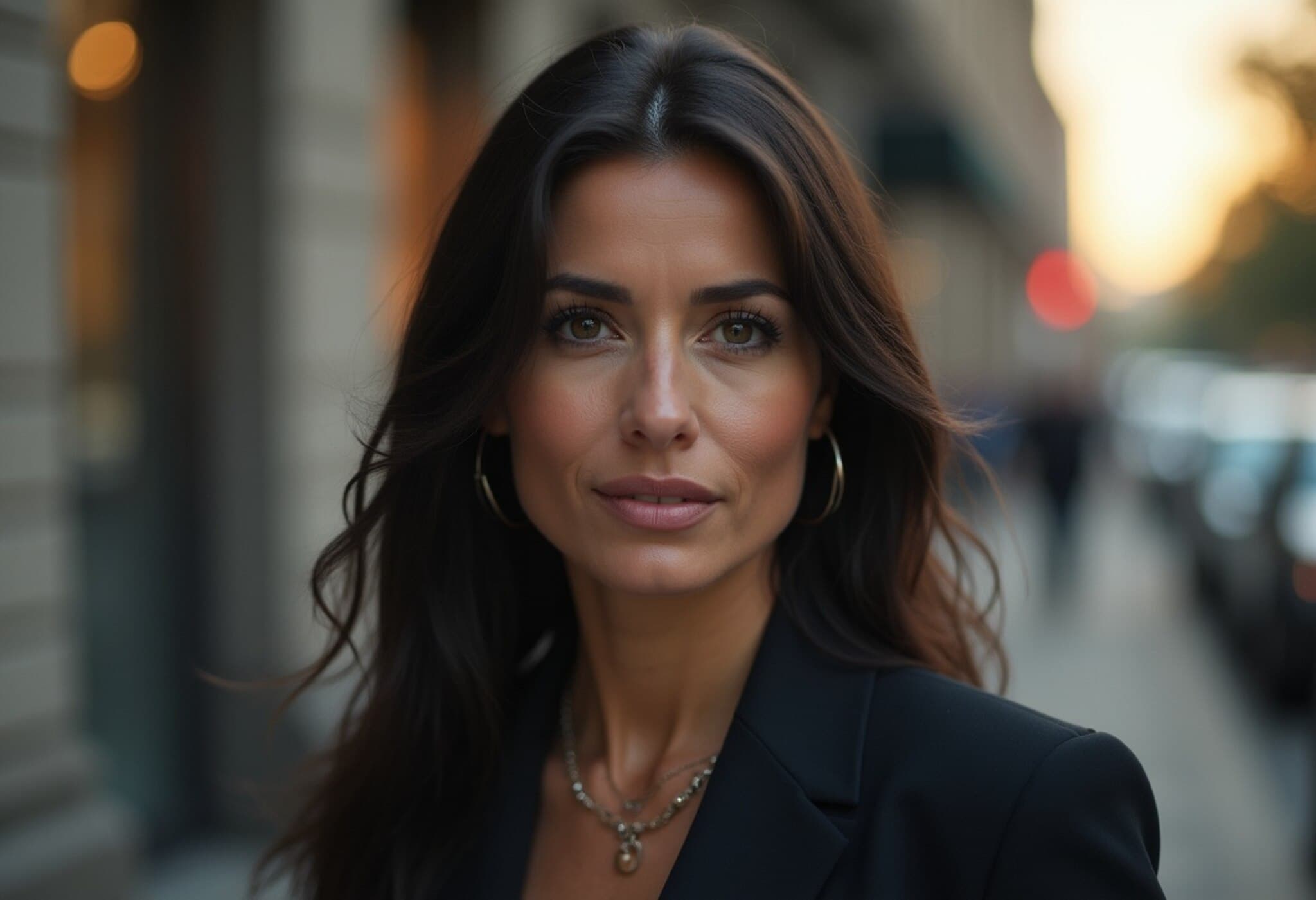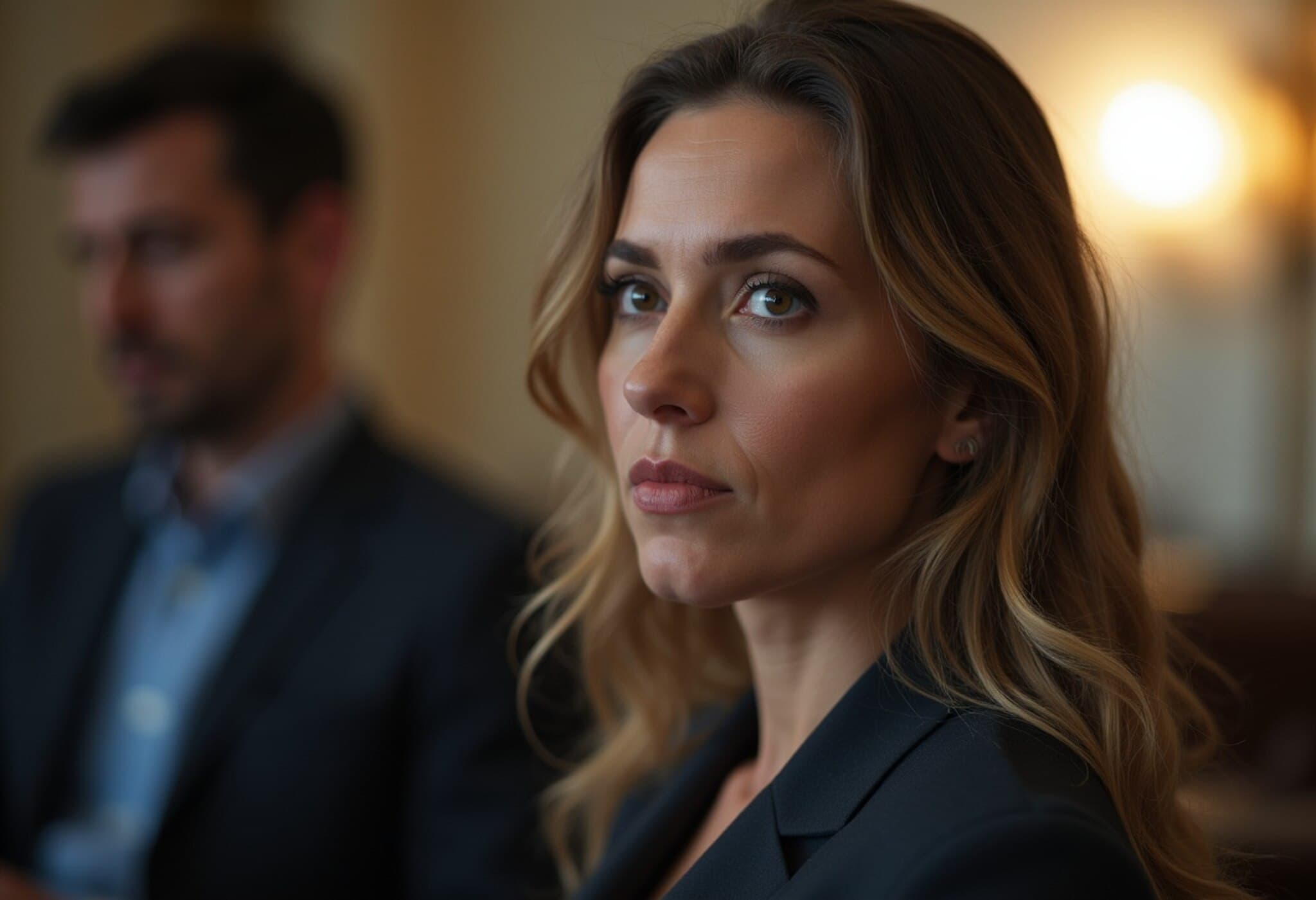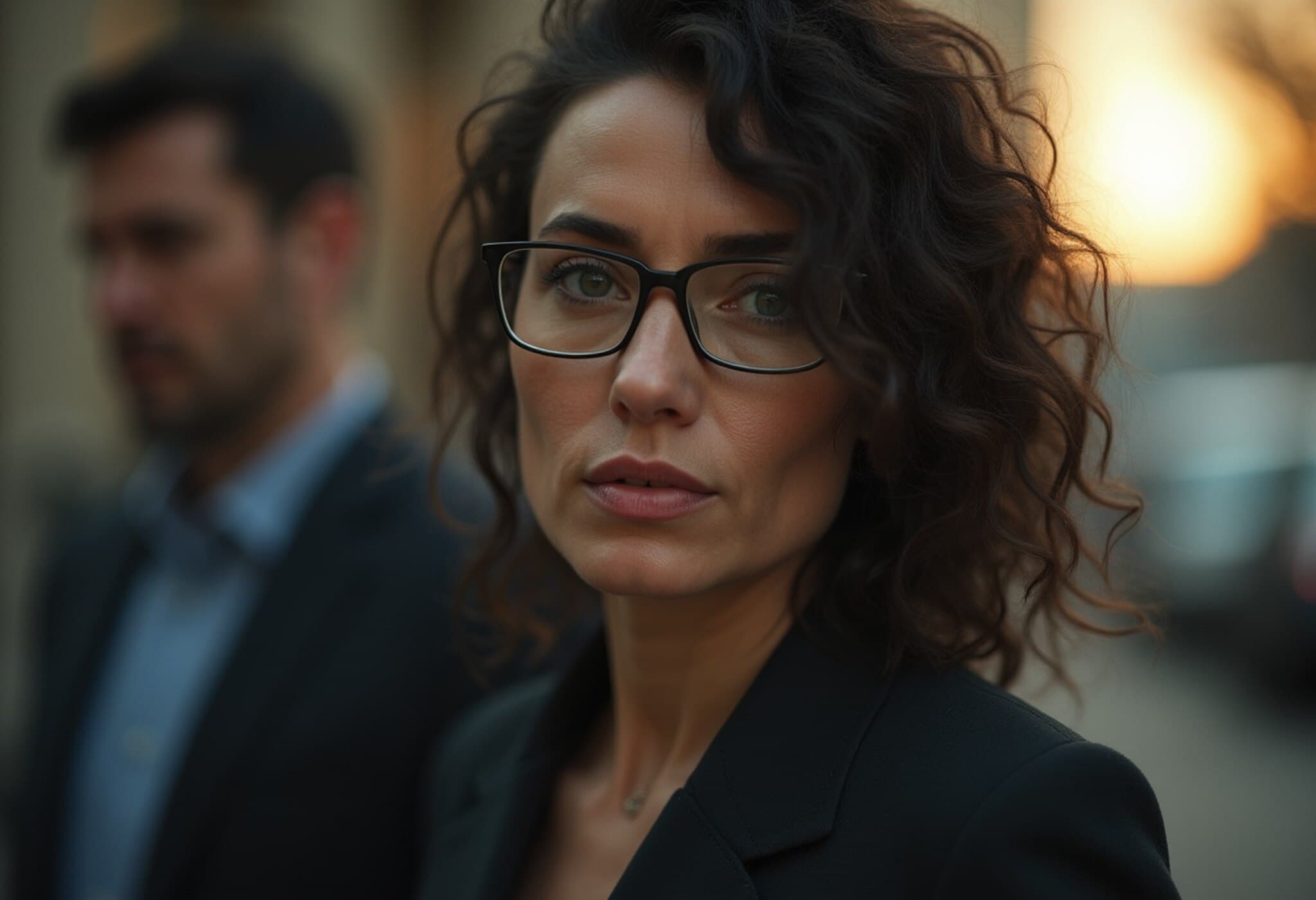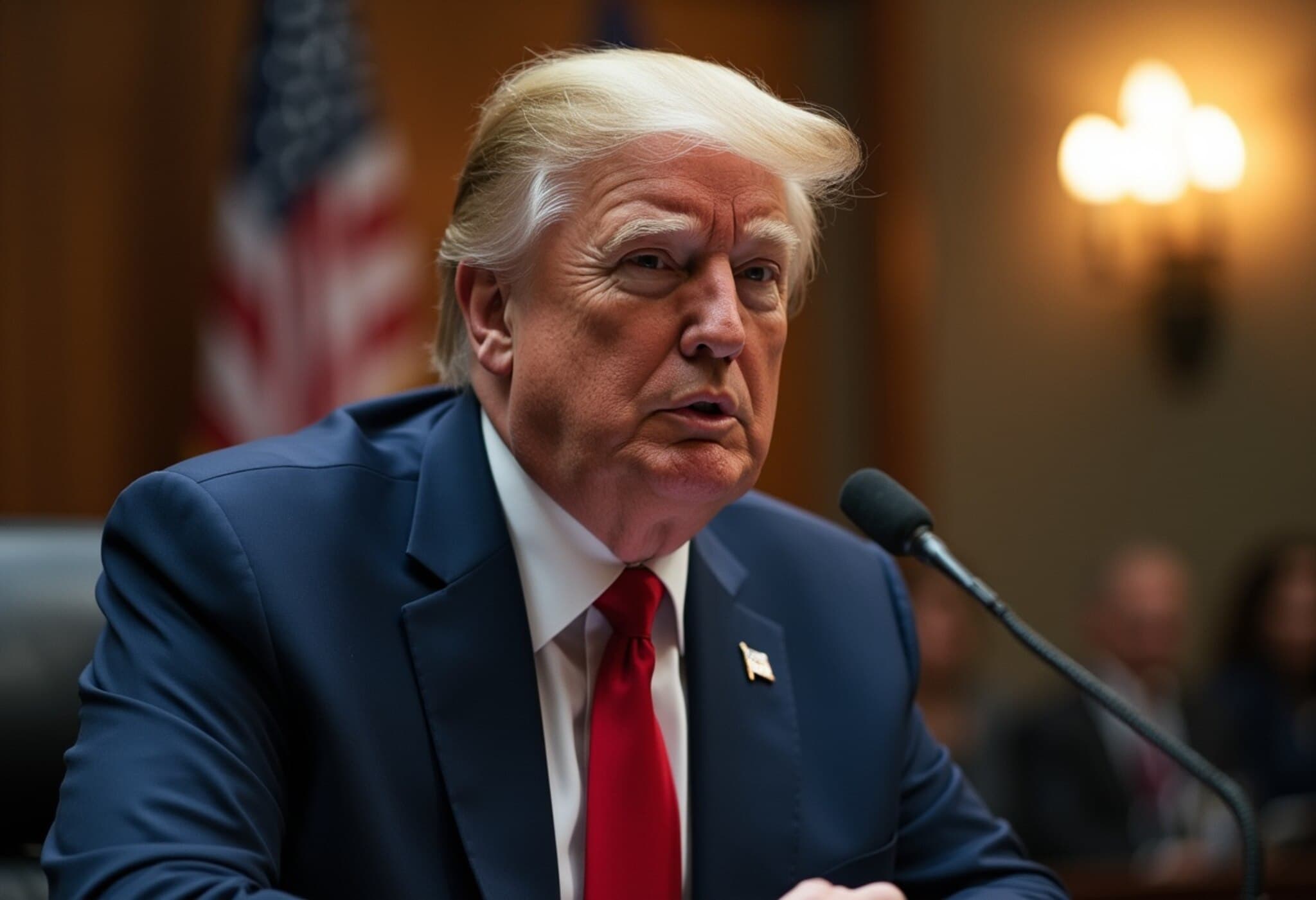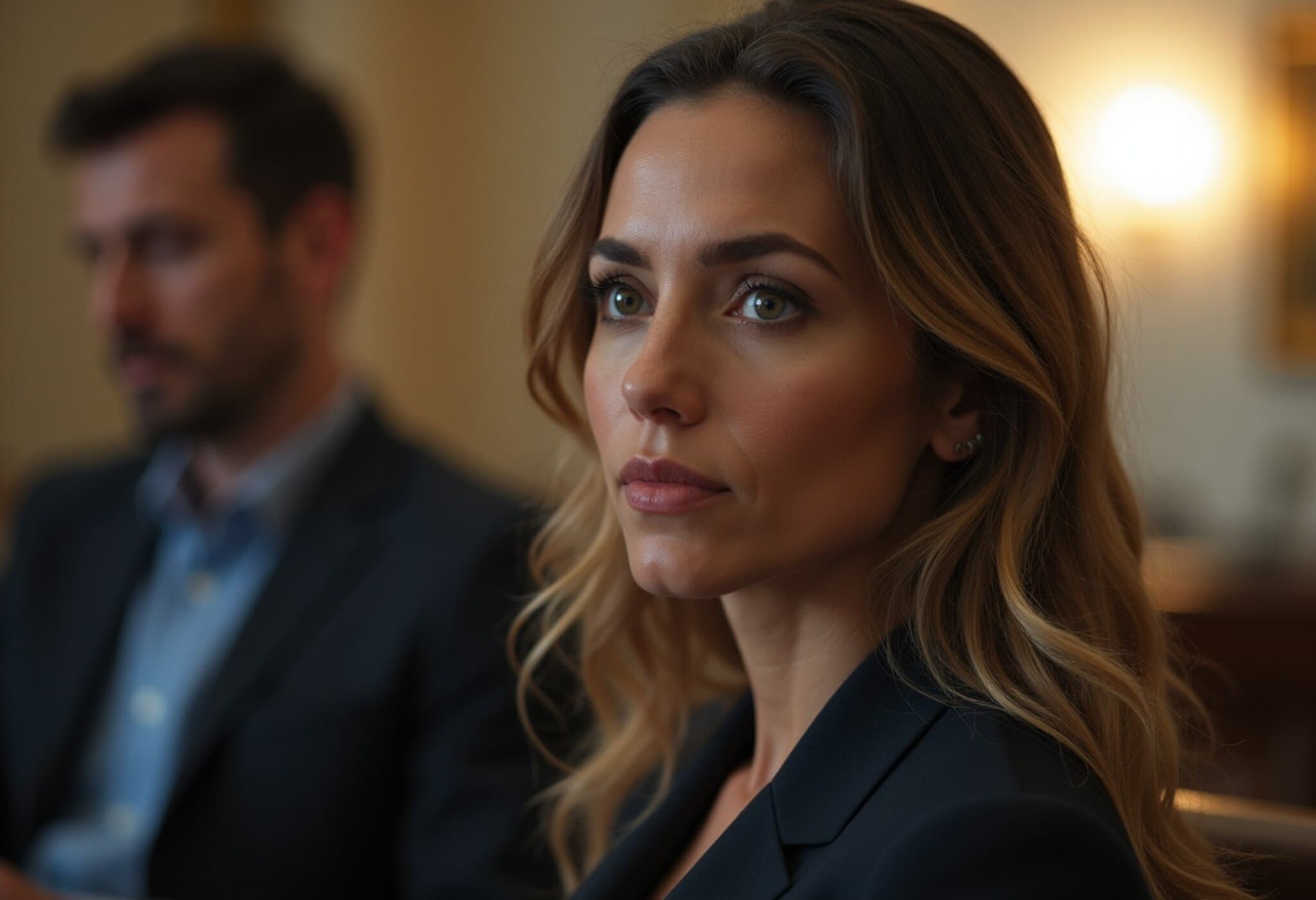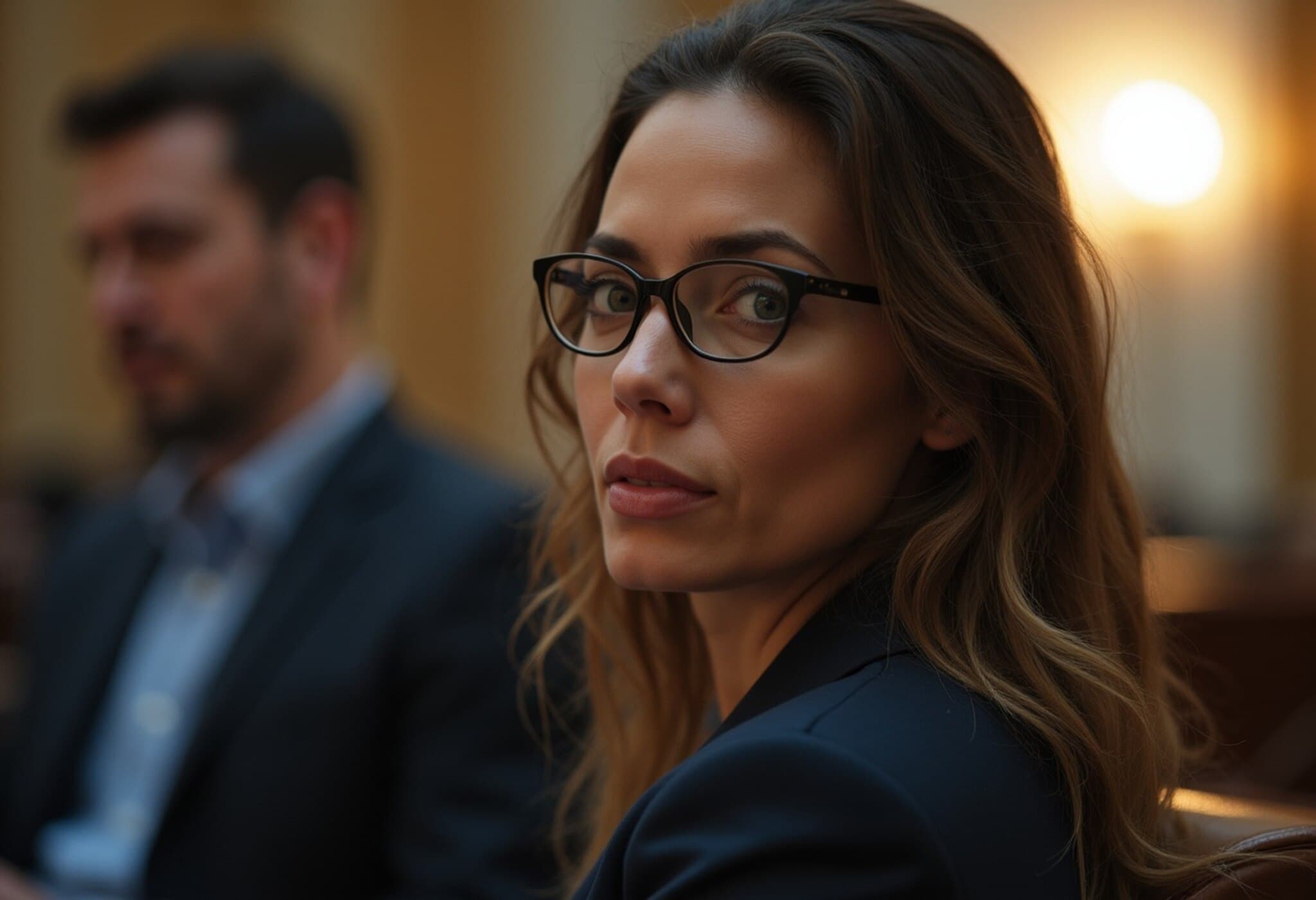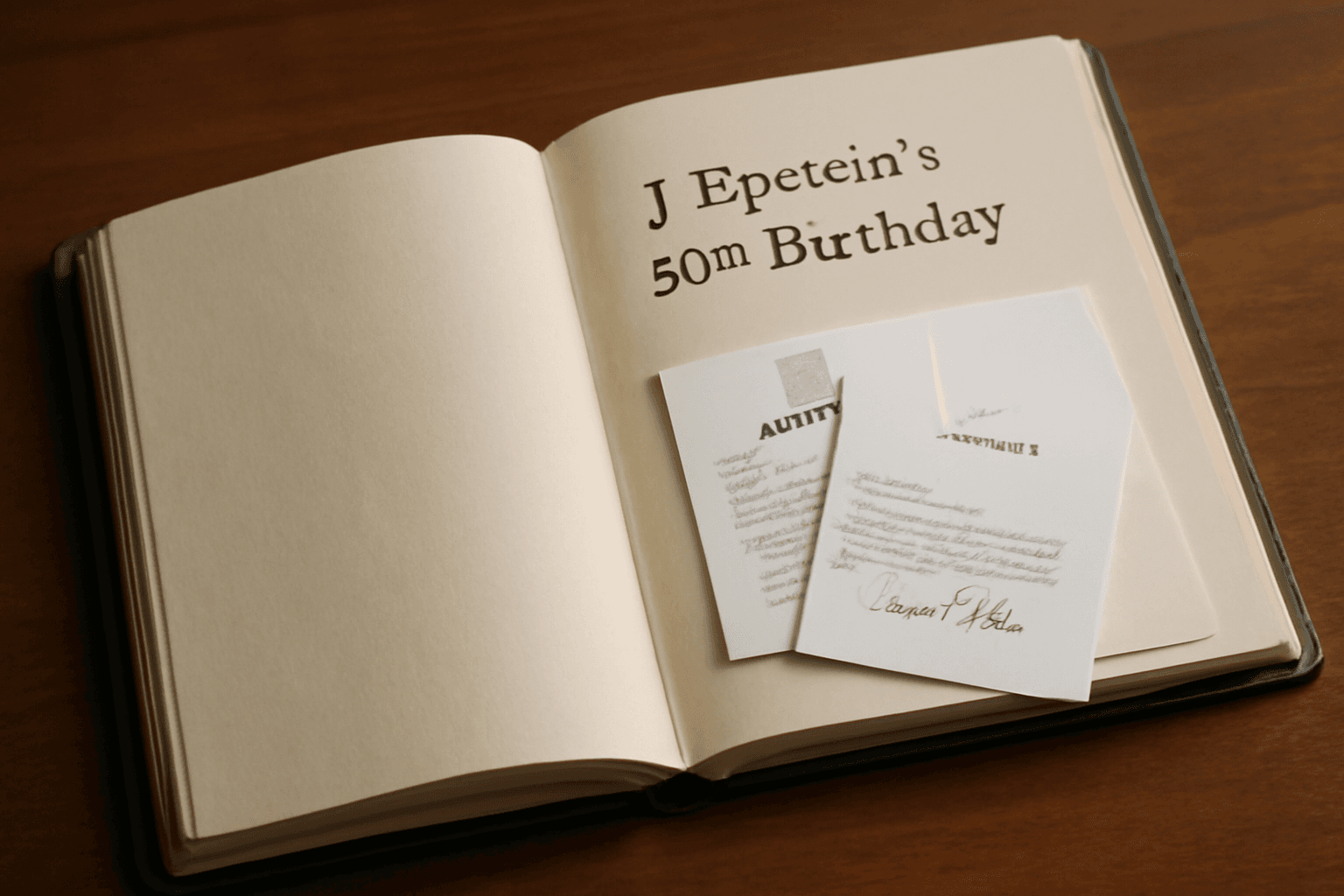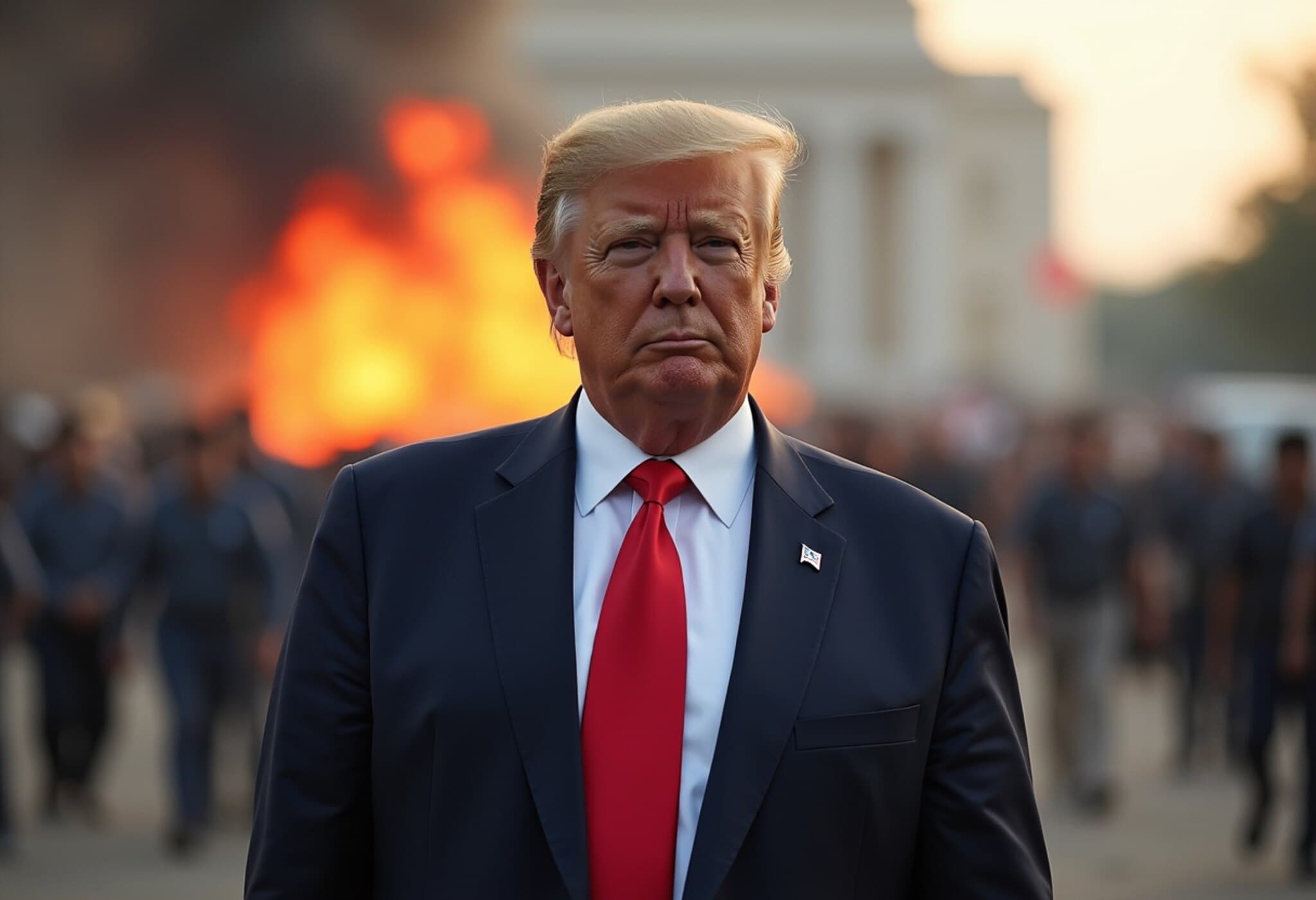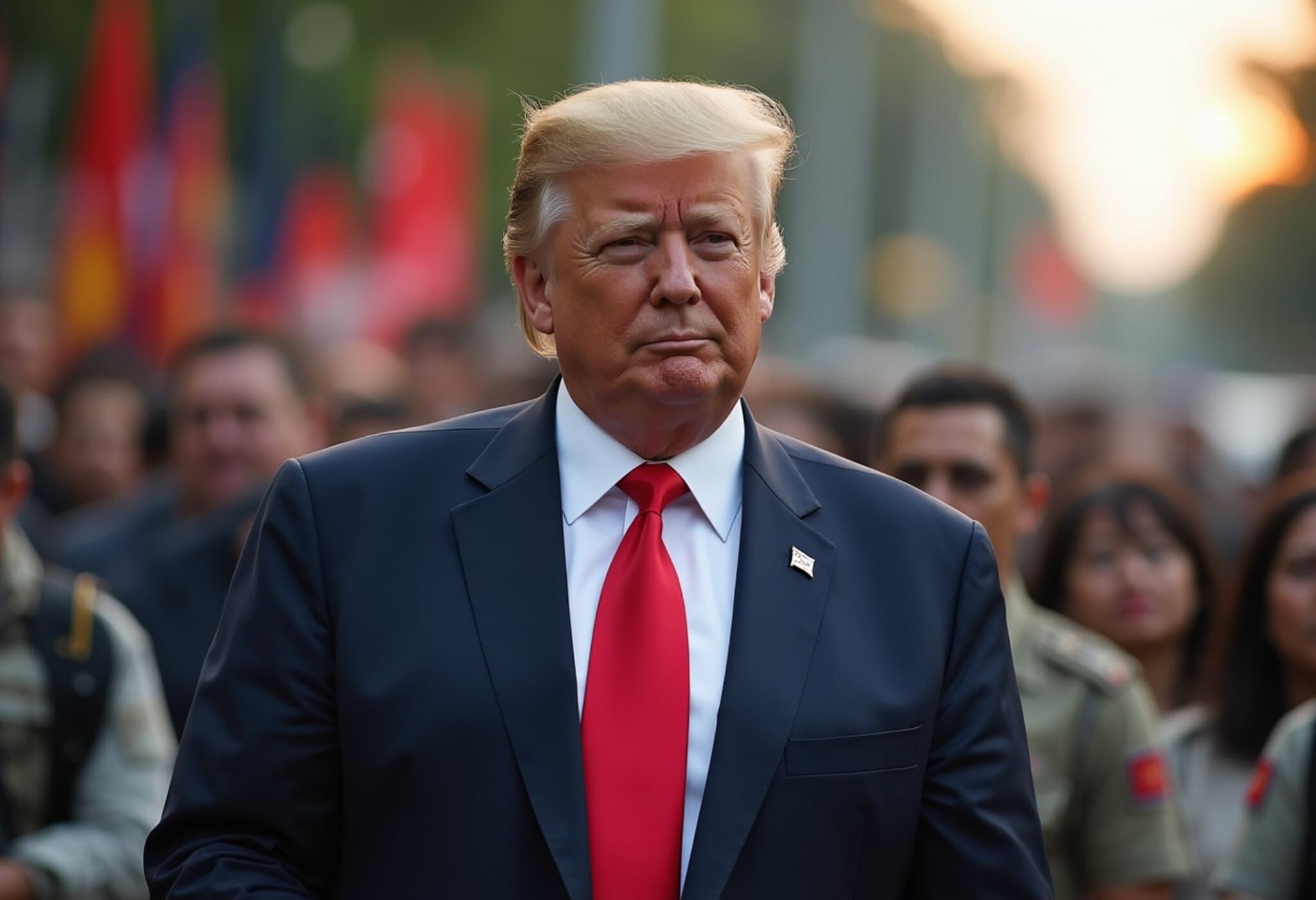Deputy Attorney General Holds Closed-Door Interviews with Ghislaine Maxwell
In a move that has drawn intense scrutiny, Deputy Attorney General Todd Blanche conducted approximately nine hours of private interviews with Ghislaine Maxwell over two days last week. Maxwell, convicted in 2021 for her role in Jeffrey Epstein's sex trafficking operation, was questioned without any public disclosure about the content or implications of these meetings. The Justice Department remains tight-lipped, igniting questions about transparency and the future direction of the Epstein investigation.
Unprecedented Secrecy Triggers Concern Among Legal Experts and Victims
Former prosecutors and legal analysts describe Blanche’s exclusive engagement with Maxwell as unusual, if not without precedent, especially given his role as the Department of Justice’s No. 2 official. Typically, investigative teams involve multiple prosecutors in such critical interviews to ensure comprehensive and balanced questioning. The closed-door nature of the discussions has fueled skepticism among victims and advocates who had hoped for greater involvement and openness.
"I've never heard of a deputy attorney general doing something like this," said a former senior DOJ official speaking on condition of anonymity. Victims’ lawyer Jack Scarola, representing around 20 Epstein survivors, expressed frustration over his exclusion from these proceedings. "We requested to attend the interviews, but our requests were denied," Scarola stated, highlighting the victims’ yearning for accountability and transparency.
Performative Action or Genuine Inquiry?
Berit Berger, an ex-federal prosecutor in New York, suggested the meetups might serve a strategic purpose within the DOJ: “This could be about the department demonstrating they have consulted every possible source, including the co-defendant.” Yet, many wonder if these efforts are more about optics than actual breakthroughs.
Attorney General Pam Bondi, Blanche, and notably President Donald Trump have faced a storm of criticism after DOJ and FBI officials announced no new evidence warranted expanded investigation into Epstein’s associates. The announcement came alongside resistance to releasing additional case files, stirring suspicions amidst ongoing conspiracy theories surrounding Epstein's network.
The Context: Maxwell, Epstein, and Trump
The long shadow of Jeffrey Epstein’s crimes encompasses a web of social connections among the wealthy and powerful, including former President Donald Trump. The extensive 100,000-page archive of Epstein case documents reviewed by federal authorities contains numerous names, some of whom have faced public scrutiny.
Some commentators speculate that the high-profile nature of these interviews could protect influential figures from deeper investigation. Catherine Christian, former Manhattan assistant district attorney, observed, "It’s difficult to see this as anything but performative—a way to clear certain individuals, including President Trump," especially as Trump confronts one of the most significant political challenges of his current term linked to the Epstein fallout.
Details of the Interview and Legal Implications
Maxwell's defense attorney, David Oscar Markus, a respected criminal lawyer with ties to Blanche, praised the thoroughness of the interviews. "She was asked about roughly 100 different people," Markus said, while withholding specifics on the identities questioned. According to a senior administration source, Maxwell was extended a limited immunity deal typical in complex criminal investigations. This arrangement protects her from prosecution based on truthful disclosures but would be voided if any deception is discovered.
Given Maxwell's prior conviction and 20-year federal prison sentence, officials do not expect leniency based solely on this cooperation. An appeal of her conviction currently awaits Supreme Court review, keeping the legal saga far from over.
The Pardon Question
President Trump, who retains the constitutional authority to grant pardons or sentence commutations, declined to directly address Maxwell’s fate but hinted at his discretion. When questioned about Epstein-related individuals, Trump redirected attention to other prominent figures, such as former President Bill Clinton and Harvard leaders, underscoring his distance from Epstein’s inner circle.
"I haven’t thought about it," Trump said of a possible Maxwell pardon, before affirming, "I’m allowed to do it."
Political Maneuvering and Justice Department Dynamics
Mimi Rocah, a former federal prosecutor and legal commentator, highlighted the recent firing of Maurene Comey—the lead prosecutor on Maxwell’s case and daughter of former FBI Director James Comey—as a significant development. Rocah called this a deliberate move by Trump appointees to consolidate control over the case and limit whistleblower influence.
"Removing Maurene Comey seems far from coincidental," Rocah stated. "It restricts access for victim advocates and reduces transparency in an already opaque process." This restructuring, paired with Blanche’s exclusive interviews, raises questions about the DOJ’s commitment to protecting victims and ensuring impartial justice.
Voices from the Frontline
Critics assert that sidelining seasoned prosecutors with deep familiarity with the Epstein-Maxwell case undermines the integrity of the investigation. "The best test of Maxwell’s truthfulness lies with those seasoned attorneys who prosecuted her—not the Deputy Attorney General," Rocah added.
Looking Ahead: What This Means for Justice and Accountability
The intense secrecy surrounding Maxwell’s DOJ questioning and the political undertones shaping the Epstein investigations underscore the complexities of pursuing justice within intertwined power networks. While some view these developments as procedural diligence, others fear they conceal efforts to shield influential actors and placate political interests.
- Will the DOJ release details or documents stemming from Maxwell’s interviews?
- Could Maxwell’s new statements prompt reopening investigations into Epstein’s associates?
- How will political influences shape ongoing prosecutions related to the Epstein network?
Editor’s Note
The Deputy Attorney General’s secretive meetings with Ghislaine Maxwell reveal a behind-the-scenes chapter in one of the most high-profile and sensitive criminal investigations in recent history. This case not only probes grievous criminal conduct but also tests the justice system’s capacity to operate with transparency amid political pressure. As the Epstein saga continues to unfold, it remains crucial for the public and policymakers alike to demand clarity and accountability to honor victims’ voices and uphold the rule of law.

